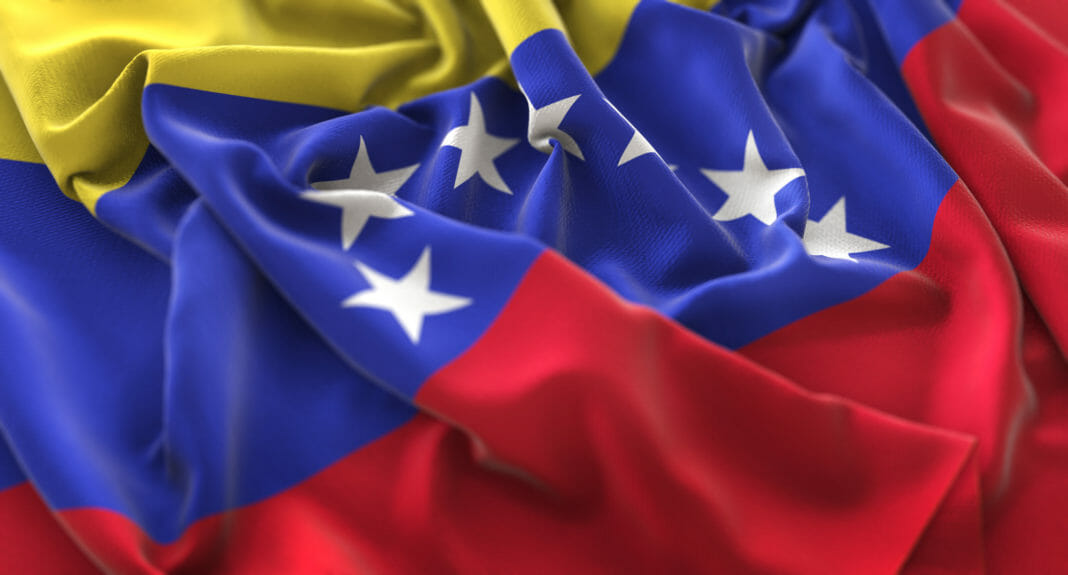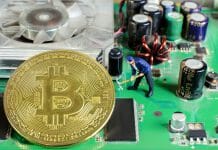Bitcoin does not depend on a central entity, unlike banks. Although bitcoin is a solution, it is still not a total escape.
Banco de Venezuela, one of the most relevant Venezuelan banking entities, had reached almost five days with its system out of service.
Those affected users, millions of citizens who could not make the slightest payment or even receive funds in their wallets had shown their anger at the situation. Many users had even denounced that, after the re-establishment of the system, there were no funds.
There are always people having an account in more than one bank in Venezuela; this is in addition to the fact that dollars in cash circulate more and more.
The Bank of Venezuela is a state entity with the most expanded portfolio of clients in the country: some 14 million people, according to official statements from 2020.
That institution pays pensions and salaries of a large part of the public administration. And all those people, since Wednesday night, couldn’t use their own money.
The only response from the bank’s page was a failed login attempt, and the points of sale rejected transactions left and right. Meanwhile, the institution did not answer until they released a series of brief statements. They were working to fix the failure, they said. According to them, it was a hack.
Bitcoin Becomes an Option for Venezuela
Venezuelans felt relief when they discovered that they could count on more than one option to deal with the struggle. Venezuelan citizens discussed that a possible attack on a vital structure of the country took place, leaving a feeling of unprotection.
Many citizens turned their sights to Bitcoin, the first cryptocurrency created about 12 years ago by Satoshi Nakamoto. Nobody knows who he was or who he is. And it doesn’t matter either.
The network of this currency does not depend on its creator or any other person in particular: the Bitcoin network gets distributed in more than 11,600 nodes (computers, phones, devices serving that network) around the world.
The accounting and the confirmation of the transactions (how miners work) get distributed on many computers worldwide. If one computer fails, or at least many of these devices fail, the network continues its operations with the active computers.
In Venezuela, very few businesses receive bitcoin, although they seem to be growing steadily. It is already possible to market this currency in some establishments, pharmacies, or restaurants, and even the real estate sector has been adding.
A scenario in which it seems possible to accept the first cryptocurrency is in the situation of El Salvador, where just two weeks ago, BTC received its adoption as legal tender. And yet, the acceptance of cryptocurrency has been gradually escalated, with many opponents among its citizens.
Avoiding the banks in Venezuela seems to be practically impossible. Although dollars move in cash very regularly in Venezuela, there is a lack of alternatives to exchange bitcoin for cash expeditiously and safely.
There are at least bitcoin ATMs in Caracas, but they limit their services to purchase and do not exchange cash.
By: Jenson Nuñez











